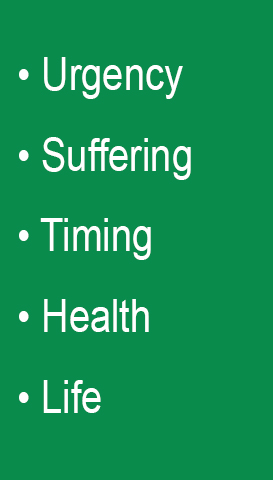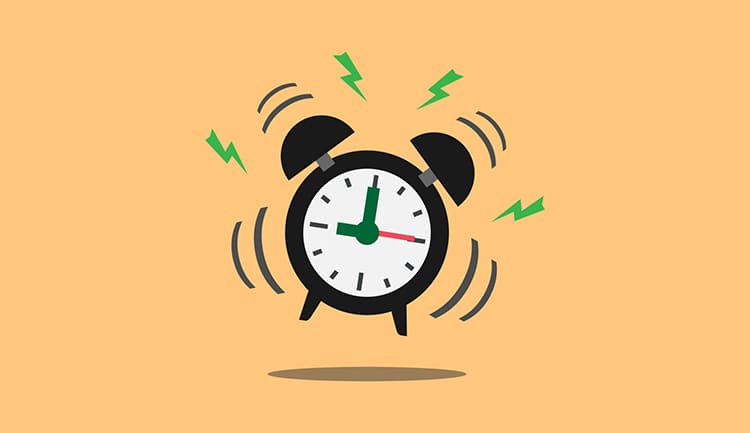What’s the straightforward response to the question of “when should action be taken” to facilitate people getting into addiction treatment? The clear answer is: at the earliest opportunity. This fact is especially crucial for those individuals who know they have a life-debilitating condition and want to get help, but for whatever reason are not able to access it.
As a non-profit organization dedicated to closing the addiction treatment gap, we recognize the critical importance of helping people receive treatment. Timely intervention can be a matter of life and death. There is an urgent need to expedite individuals into addiction treatment, emphasizing the dire consequences of delayed action.

The urgency of getting individuals into addiction treatment as soon as possible cannot be overstated. The suffering caused by untreated addiction, the risk of changing minds and missed opportunities, the grave health consequences, and the socioeconomic impact underscore the critical need for timely intervention. As a non-profit organization committed to closing the addiction treatment gap, we recognize the imperative to act swiftly and decisively, ensuring that those in need have immediate access to comprehensive rehabilitation and detoxification programs. By doing so, we strive to create a future where individuals and communities can overcome the grasp of addiction, reclaim their lives, and contribute to a healthier and more prosperous society.
Untreated addiction can cause immense suffering for individuals and their loved ones. Addiction often leads to severe physical and mental health issues, strained relationships, financial instability, and a deteriorating quality of life. When left untreated, the grip of addiction tightens, intensifying these negative consequences and amplifying the individual’s suffering. Early intervention can alleviate the physical and emotional burdens associated with addiction and improve the chances of successful recovery.

Addiction is a complex and multifaceted condition, and individuals may experience fluctuating levels of motivation to seek treatment. It is crucial to strike while the iron is hot and provide timely support when individuals are open to change. Delayed intervention increases the likelihood of individuals changing their minds, slipping back into denial, or succumbing to the overwhelming challenges of addiction. The window of opportunity for positive change can close quickly, and a missed chance may result in prolonged suffering and an even deeper entrenchment in the disease.
Beyond the immense suffering, the health risks associated with substance abuse can be life-threatening. Delaying addiction treatment exposes individuals to a range of physical and mental health complications. Substance abuse often leads to deteriorating physical health, organ damage, and increased vulnerability to infectious diseases. The risk of overdose, particularly in cases involving opioids or other potent substances, becomes significantly higher when individuals are not promptly guided into detox and rehab. In the worst-case scenario, untreated addiction can result in fatal consequences, robbing society of valuable lives that could have been saved with timely intervention.
The economic burden of untreated addiction extends far beyond the individual level, affecting communities and societies as a whole. Substance abuse contributes to increased healthcare costs, strained social services, and lost productivity. By ensuring timely access to addiction treatment, we not only alleviate the personal suffering of individuals but also mitigate the long-term societal costs associated with untreated addiction. Early intervention offers a greater chance of successful rehabilitation, reducing the burden on healthcare systems, criminal justice systems, and social welfare programs.
Addiction Gap is a certified 501(c)(3) nonprofit